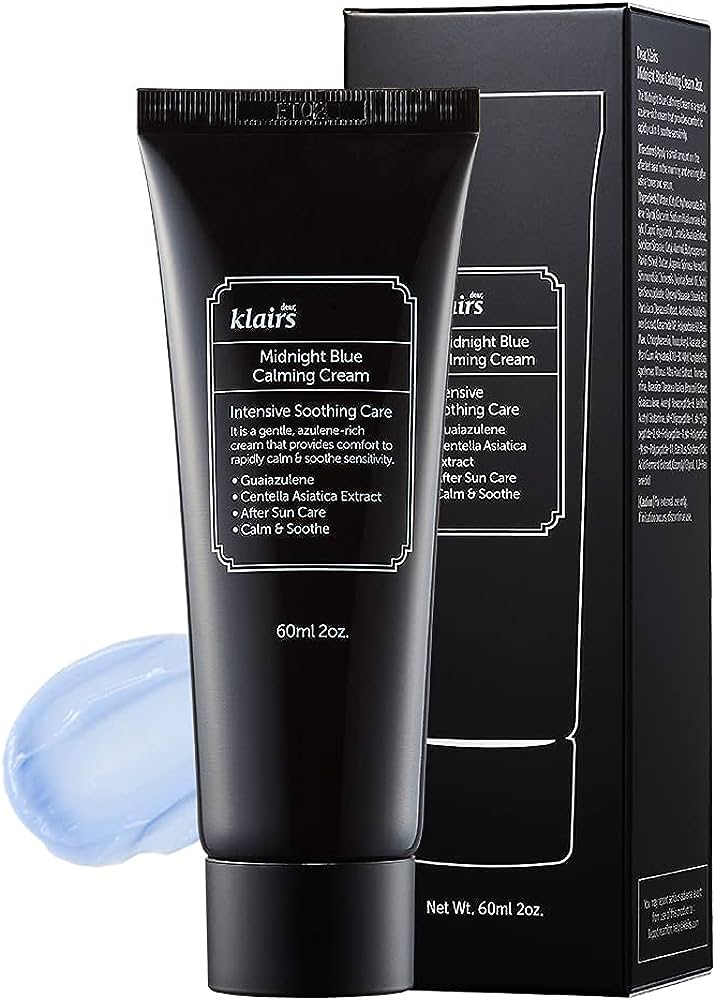For centuries, people have turned to natural remedies to aid in various health problems, including weight loss. In recent years, the focus has shifted towards an unexpected candidate: CBD hemp oil. Derived from the Cannabis Sativa plant, CBD (Cannabidiol) is making waves in the health and wellness industry, especially in weight management circles. This article explores the science and anecdotal evidence behind using CBD hemp oil as a weight loss tool.
Understanding CBD Hemp Oil
Cannabidiol, or CBD, is a non-psychoactive compound extracted from the hemp variety of the cannabis plant. Unlike THC (tetrahydrocannabinol), which is responsible for the ‘high’ associated with marijuana, CBD is legal in most parts of the world, including the U.S. under the 2018 Farm Bill. It’s critical to differentiate between these compounds as they serve different purposes and carry unique legal ramifications.
The Science Behind CBD Hemp Oil and Weight Loss
Scientific research exploring the relationship between CBD and weight loss is still in its infancy. However, preliminary findings show promise. CBD interacts with the body’s endocannabinoid system, which influences various physiological functions, including metabolism and appetite. Some studies suggest that CBD may aid in “fat browning” – converting white (or harmful) fat into brown fat, which can burn calories (1). Furthermore, CBD may regulate blood sugar levels, preventing weight gain related to blood sugar imbalances (2).
The Benefits of Using CBD Hemp Oil for Weight Loss
Beyond its direct interaction with fat cells, CBD hemp oil can address indirect factors contributing to weight gains, such as sleep deprivation, stress, and anxiety. A 2019 study in The Permanente Journal found that CBD improved sleep and reduced anxiety in a majority of patients (3). By enhancing sleep quality and reducing stress, CBD could indirectly contribute to weight loss or prevent weight gain.
How to Incorporate CBD Hemp Oil into Your Weight Loss Journey
Using CBD hemp oil for weight loss requires careful thought and planning. It can be consumed in several ways, including oral drops, capsules, and even CBD-infused food and drink. However, dosages depend on various factors, such as your weight, body chemistry, and the weight loss goals you hope to achieve. Always start with a low dosage and gradually increase it while monitoring your body’s reactions. Consult a healthcare professional to discuss your specific needs and any potential interactions with other medications.
Real-Life Success Stories
Many individuals credit CBD hemp oil for their weight loss success. For instance, Sarah, a 35-year-old woman from Colorado, claims to have lost 20 pounds in 6 months using CBD oil alongside a balanced diet and exercise. She attributed her success to CBD’s ability to curb her stress-related cravings (4). Remember, everyone’s experience with CBD is unique, and results may vary.
Addressing Potential Concerns and Misconceptions
Despite the promise of CBD hemp oil in weight loss, it’s essential to approach this topic with a balanced perspective. Like any supplement, CBD is not a miracle cure and should be used as part of a balanced diet and active lifestyle. Potential side effects of CBD include fatigue, dry mouth, and changes in appetite. As with any new regimen, it’s crucial to consult with a healthcare provider before starting.
Conclusion
As scientific and anecdotal evidence grows, CBD hemp oil is becoming an intriguing tool in the world of weight management. By potentially affecting metabolism and addressing indirect factors like sleep and stress, CBD could play a significant role in your weight loss journey.
Frequently Asked Questions
What is CBD hemp oil?
CBD hemp oil is a product derived from the hemp variety of the cannabis plant. It contains CBD (cannabidiol), a non-psychoactive compound known for its potential therapeutic properties, including possible benefits for weight loss.
How does CBD hemp oil promote weight loss?
Preliminary research suggests that CBD might influence metabolic functions and help convert white fat into brown fat, a process known as “fat browning”. Brown fat can burn calories, potentially aiding weight loss. CBD may also regulate blood sugar levels and address indirect factors contributing to weight gains, like sleep deprivation and stress.
Are there any side effects of using CBD hemp oil for weight loss?
Like any supplement, CBD hemp oil may cause side effects in some individuals. These can include changes in appetite, dry mouth, and fatigue. It’s always recommended to start with a lower dosage and slowly increase it as needed, under the guidance of a healthcare professional.
Can I use CBD hemp oil with other medications?
While CBD hemp oil is generally considered safe, it can interact with some medications. It’s crucial to discuss any current medications or supplements with your healthcare provider before starting CBD oil.
Is CBD hemp oil legal?
As of my knowledge cutoff in September 2021, CBD derived from hemp is legal in most parts of the world, including the U.S., under the 2018 Farm Bill. However, laws can vary by country and even within states in the U.S., so it’s important to check the laws in your area.
Can CBD hemp oil replace a balanced diet and exercise in weight loss?
No, CBD hemp oil should not replace a balanced diet and regular physical activity. It can be a tool to help support your weight loss journey, but it’s not a standalone solution. A healthy lifestyle is the most effective way to achieve and maintain weight loss.



